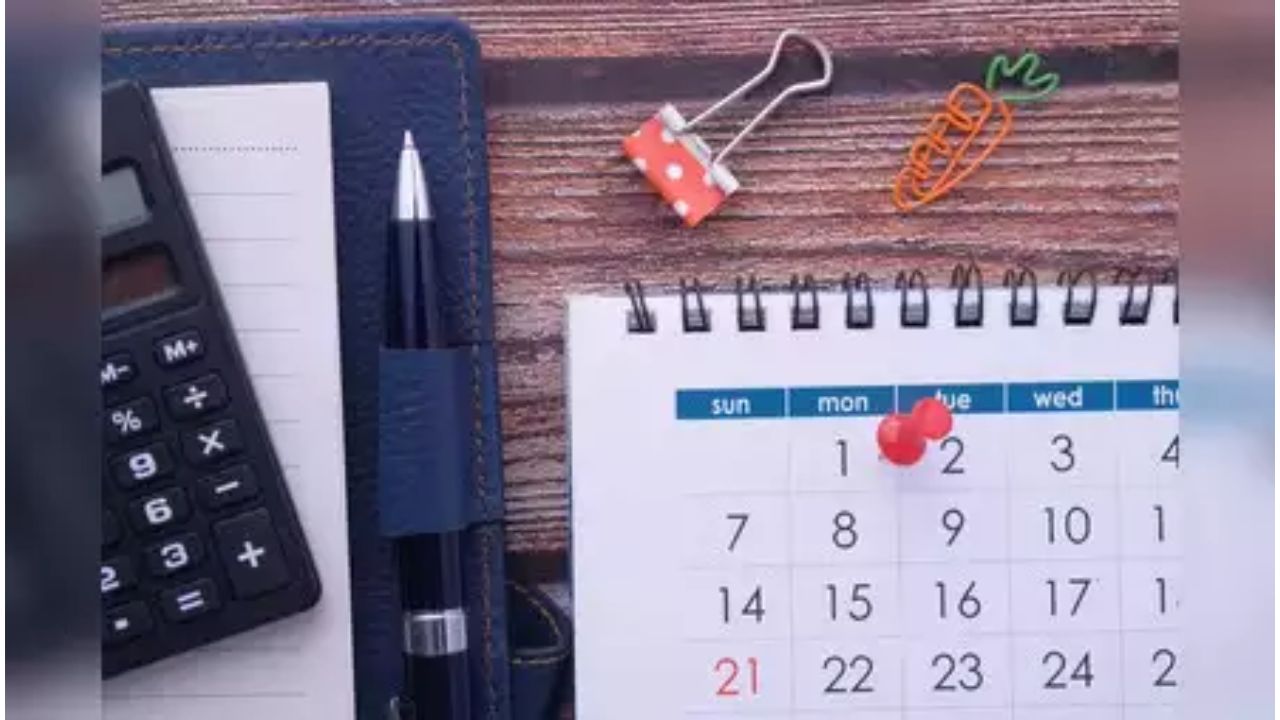CBSE Class 10 and 12 Practical Exams 2024: On January 1, 2024, the Central Board of Secondary Education will administer the CBSE Class 10, 12 Practical Exams. Students who plan to take the practical exams can visit the Board’s website, cbse.gov.in, to review the official announcement.
The CBSE practical exams 2024 are scheduled to start on January 1 and end on February 15, 2024, for both Class 10 and Class 12, in all CBSE-affiliated schools nationwide.However, on February 15, 2024, the CBSE theoretical exams for both classes will start. The CBSE 12th examinations 2024 will end on April 2, 2024, and the CBSE 10th exams 2024 will end on March 13.
The start time of the CBSE Board Exams in 2024 is 10:30 AM, with some papers ending at 12:30 PM and others at 1:30 PM.
The practical examinations for CBSE Classes 10 and 12 are crucial because they assess your practical knowledge and comprehension of academic concepts applied in real-world scenarios. Exams that combine theory and practice are called practicals. They help students develop critical thinking and problem-solving abilities, as well as confidence and useful feedback that will help them succeed in their future coursework and careers.
CBSE Board Exam 2024 Official SOP, guidelines released for class 10, 12 practicals; check details
CBSE Class 10 and 12 Practical Exams 2024 Tips
The following 8 pointers can help you do well on the CBSE 10th and 12th practical exams in 2024:
Recognise the syllabus
Know the syllabus for the practical exam very well. Recognise which projects, activities, and experiments are included in your curriculum. To ensure you don’t overlook any crucial information, you should read through this chapter by chapter.
Frequent Exercise
Regular practice in the lab will improve your practical abilities. Become familiar with the tools and methods utilised in each experiment.
Adhere to the lab instructions
During practical classes, pay great attention to the directions given by your teachers. Recognise the safety measures and protocols for every experiment.
Keep a Lab Journal
Continue to keep your lab journal tidy and orderly. Keep a record of every detail for every experiment, including the purpose, method, findings, and recommendations. This will be beneficial when rewriting.
Conceptual Knowledge
Recognise the fundamental ideas behind each experiment rather than only memorising the procedures. In addition to improving your performance, this will get you ready for any changes that may arise during the practical exam.
Time Administration
When doing experiments, learn time management skills. Recognise how much time is needed for each phase and how much time is allotted to the practical exam overall. This will assist you in finishing the experiment in the allotted time.
Prioritising safety
Put safety first. When working with chemicals and equipment, wear the appropriate safety gear, observe safety precautions, and exercise caution. Teachers frequently provide bonus points for using safe behaviours.
Review
Review the practicals frequently to make sure you understand them. Reviewing the steps, findings, and recommendations will aid in your memory of the material during the test.



